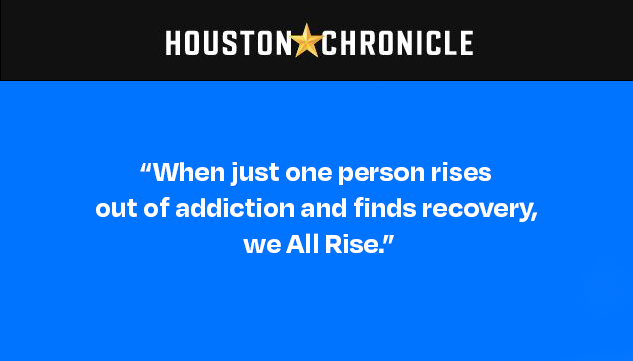When justice means treatment, not jail

Hon. Karen Freeman-Wilson (ret.) Pens Powerful OpEd
Published July 12, 2023 in the Houston Chronicle
Last summer, I sat in a Houston courtroom and witnessed the future of justice reform and innovation. It was graduation day for the STAR Drug Court. The room was overflowing with friends and family. Balloons and flowers lined the walls. The bailiff called, “All rise,” and just as in courthouses across the country, the crowd stood and the judges entered. But this was different. This was a community celebration of lives transformed.

One by one, the graduates shook hands with the judges and received their graduation certificates. Then they turned to the audience and spoke about their dreams for the future. One young woman summed up the day perfectly.
“I never imagined I would be where I am now,” she said. “My family did not give up on me. This court did not give up on me. I used to live with fear and shame, now I have hope.”
The crowd cheered, and she stepped into the embrace of her teenage son.
Without STAR, which stands for Success Through Addiction Recovery, her life could have been very different. An estimated 85 percent of the U.S. prison population either meets the criteria for a substance use disorder or was incarcerated for a drug crime. Without treatment, many of these individuals will continue a cycle of addiction and criminal activity.
To stop this revolving door, the justice system must take a public health approach. And that’s what’s happening right here in Houston. It’s what’s happening at the court I helped establish in Gary, Ind. in 1996. And it’s happening, too, at more than 4,000 other treatment courts across the country.